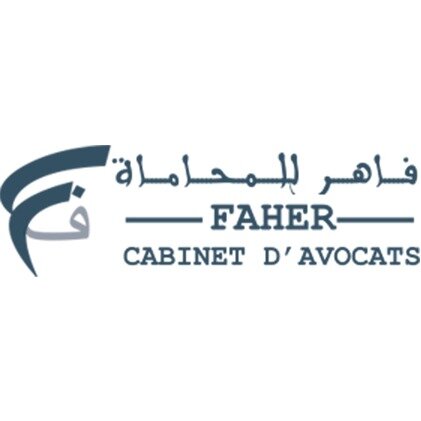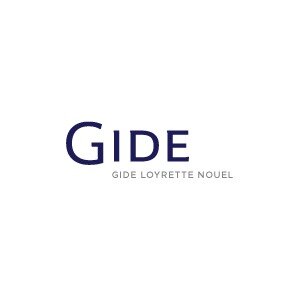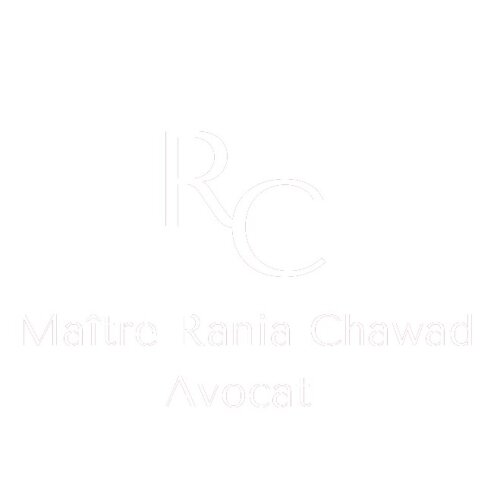Best Art & Cultural Property Law Lawyers in Morocco
Share your needs with us, get contacted by law firms.
Free. Takes 2 min.
Or refine your search by selecting a city:
List of the best lawyers in Morocco
About Art & Cultural Property Law in Morocco
Art & Cultural Property Law in Morocco encompasses the regulations and legal frameworks that govern the protection, preservation, and transfer of cultural and artistic goods. This area of law is crucial in safeguarding Morocco's rich cultural heritage, which is characterized by a diverse blend of Arab, Berber, African, and French influences. The law covers various aspects, including the export and import of art objects, cultural heritage protection, illicit trafficking, restitution of cultural goods, and the rights of creators and artists. Moroccan law aims to preserve national identity and ensure that cultural treasures are kept within the country for future generations to enjoy.
Why You May Need a Lawyer
Individuals or entities may require legal assistance in Art & Cultural Property Law for various reasons:
- Acquiring or selling culturally significant art pieces and ensuring compliance with local and international regulations.
- Engaging in art restorations or modifications that require adherence to preservation laws.
- Dealing with disputes over ownership or authenticity of cultural properties.
- Addressing the illegal import or export of cultural goods.
- Seeking the return of cultural artifacts located in foreign countries.
- Handling intellectual property rights related to artistic works.
In these situations, a lawyer with expertise in Art & Cultural Property Law can provide valuable guidance and ensure legal compliance.
Local Laws Overview
Several key aspects are central to Moroccan Art & Cultural Property Law:
- Law on the Protection of Cultural Heritage: Morocco has laws to protect tangible and intangible cultural heritage, ensuring that artifacts are preserved and respected within the country.
- Export and Import Restrictions: The export of cultural goods is heavily regulated, requiring special permits to prevent the loss of national heritage.
- International Conventions: Morocco is a signatory to international conventions such as the 1970 UNESCO Convention on the Means of Prohibiting and Preventing the Illicit Import, Export, and Transfer of Ownership of Cultural Property.
- Intellectual Property Law: Artists and creators are protected under Moroccan intellectual property laws, which cover copyrights, trademarks, and patents related to cultural expressions.
Understanding these laws is essential for anyone dealing with art and cultural properties in Morocco.
Frequently Asked Questions
1. What is considered cultural property in Morocco?
Cultural property includes tangible items such as monuments, buildings, artifacts, as well as intangible heritage like traditions, music, languages, and folklore.
2. How can I export an art piece from Morocco?
To export cultural goods, you must obtain authorization from the relevant Moroccan authorities, ensuring it does not affect national heritage adversely.
3. What happens if a cultural object is exported illegally?
Illegal export of cultural goods can lead to severe penalties, including fines and imprisonment, along with the automatic return of the object to Morocco.
4. Can cultural properties be privately owned in Morocco?
Yes, private ownership is allowed, but owners must comply with preservation laws and might face restrictions on selling or exporting such properties.
5. Are there special protections for artistic works in Morocco?
Yes, artistic works are protected under Morocco's intellectual property laws, granting creators rights to their works and defining how these works can be used.
6. What should I do if I find a cultural artifact?
If a cultural artifact is discovered, it should be reported to the relevant government body to ensure its protection and proper handling.
7. How are disputes over art authenticity resolved?
Legal experts specializing in art and cultural property law can assist in resolving disputes regarding authenticity through mediation, arbitration, or litigation.
8. What role do international treaties play in protecting cultural property in Morocco?
International treaties assist in protecting cultural goods by allowing cooperative efforts across countries to prevent illegal trade and enhance cultural exchange.
9. Can I modify or restore a cultural heritage site I own?
Restoration or modification requires permission from authorities to ensure all changes align with preservation standards and do not impact the site's cultural significance.
10. How do Moroccan laws protect intangible cultural heritage?
Intangible cultural heritage, such as traditional skills and practices, is preserved through documentation, community involvement, and awareness-raising initiatives led by the government.
Additional Resources
Several resources can assist those needing legal advice in Art & Cultural Property Law:
- Moroccan Ministry of Culture: Manages cultural policies and ensures the protection of national heritage.
- UNESCO Office in Rabat: Works to support the preservation of cultural heritage in collaboration with the Moroccan government.
- International Council of Museums (ICOM) Morocco: Provides resources and guidance on museum practices and cultural protection.
- Local Law Firms Specializing in Cultural Property Law: Offer expert legal advice and representation in matters related to art and cultural property.
Next Steps
If you require legal assistance in Art & Cultural Property Law, consider the following steps:
- Identify and consult with a lawyer or legal firm specializing in Art & Cultural Property Law in Morocco.
- Prepare all relevant documentation, including ownership records, permits, and any correspondence related to your matter.
- Discuss your situation with the legal expert to understand your rights, obligations, and potential legal options.
- Stay informed about changes in laws and regulations that could affect your case or interests in this area.
Taking these steps can help protect your interests and ensure compliance with Moroccan Art & Cultural Property Law.
Lawzana helps you find the best lawyers and law firms in Morocco through a curated and pre-screened list of qualified legal professionals. Our platform offers rankings and detailed profiles of attorneys and law firms, allowing you to compare based on practice areas, including Art & Cultural Property Law, experience, and client feedback.
Each profile includes a description of the firm's areas of practice, client reviews, team members and partners, year of establishment, spoken languages, office locations, contact information, social media presence, and any published articles or resources. Most firms on our platform speak English and are experienced in both local and international legal matters.
Get a quote from top-rated law firms in Morocco — quickly, securely, and without unnecessary hassle.
Disclaimer:
The information provided on this page is for general informational purposes only and does not constitute legal advice. While we strive to ensure the accuracy and relevance of the content, legal information may change over time, and interpretations of the law can vary. You should always consult with a qualified legal professional for advice specific to your situation.
We disclaim all liability for actions taken or not taken based on the content of this page. If you believe any information is incorrect or outdated, please contact us, and we will review and update it where appropriate.
Browse art & cultural property law law firms by city in Morocco
Refine your search by selecting a city.
















